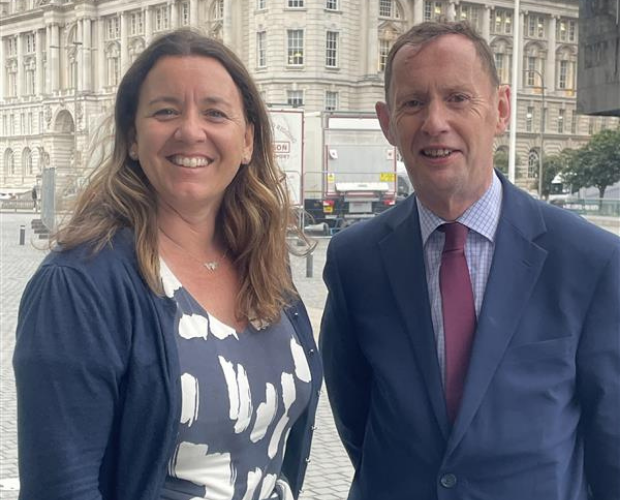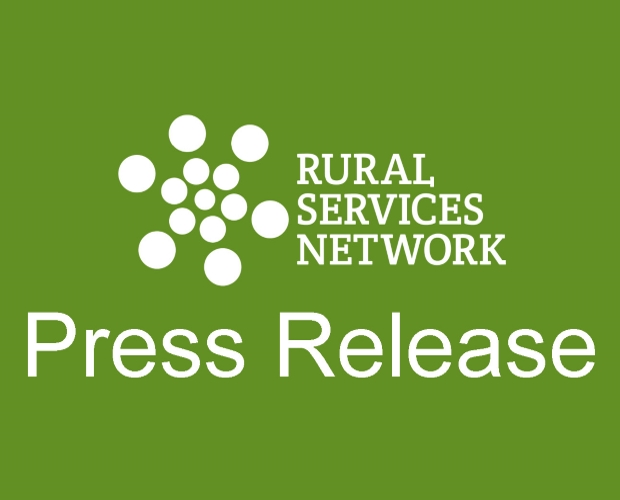T: 01822 851370 E: [email protected]
Rural Fair Funding
Amid reduced public spending, fair resource allocation across regions is crucial. Despite a population larger than Greater London, rural areas receive significantly less funding for essential services, even though delivering these services in rural locales is costlier.
A new policy framework from the Rural Services Network Every person, in every place, deserves the chance to thrive — including those living in rural, coastal and small-town communities. The Rural Services Network is proud to...
As we recover from the excitement of Liverpool and the LGA Conference last week, it’s time to reflect on the themes we saw emerging across the three days of discussion, networking and an ever increasing step count! Overall, I...
Last week, the Government published a new draft Local Government Outcomes Framework , setting out a proposed structure for how central and local government might work together to measure progress on key public service outcomes. The framework identifies priority...
The Department of Health and Social Care has released its new 10-Year Health Plan for England , outlining how the NHS will be reshaped over the next decade to improve patient care, reduce waiting times, and address long-standing workforce...
The Government has published a new Modern Industrial Strategy setting out its long-term vision for securing economic growth, increasing productivity, and fostering investment across priority sectors and regions of the UK. The strategy follows extensive engagement through the...
Hospice UK has published a significant new report, Bringing Care Closer to Home , which calls for urgent action to address the inequalities faced by people living in remote, rural and island communities when it comes to accessing...
A new report from the Institute for Government , Adult Social Care Across England , reveals stark and growing inequalities in access to publicly funded adult social care, with older adults facing the greatest disparities. The report, part...
The Rural Services Network has today published Delivering for All: A Roadmap for Rural Prosperity —a comprehensive new policy document setting out the case for fairer funding, smarter metrics, and targeted rural policy to ensure that every community can...
Social Mobility, An Opinion Piece by Kerry Booth, Chief Executive of the Rural Services Network Should Where You Are Born Limit Your Potential? In a report recently published by The Sutton Trust on Social Mobility, it...
The Government has published a major Written Ministerial Statement setting out the next stage of its plans to reform how local government in England is funded — and how council tax is administered. In the statement...
NEWSLETTER
Sign up to receive all our latest news and updates.
HOT TOPICS
Amid reduced public spending, fair resource allocation across regions is crucial. Despite a population larger than Greater London, rural areas receive significantly less funding for essential services, even though delivering these services in rural areas is more expensive.
Economic growth is widely acknowledged as essential for national wealth and prosperity and is a priority for political parties. Rural economies, employing millions and home to a higher proportion of small businesses, have potential for growth if barriers are removed.
Rural residents face distinct healthcare challenges, including limited access to transport, longer distances to medical facilities, an aging demographic, housing inadequacies, digital connectivity gaps, and difficulties recruiting health and care workers.
Rural communities are grappling with a severe affordable housing crisis, marked by high house prices, a lack of affordable housing, elevated living costs, and lower incomes, threatening their sustainability and vitality.
Transport is vital for the quality of life and economic health of rural areas, yet it faces challenges such as infrequent public bus services and less Government funding compared to urban regions.
Rural areas, encompassing a substantial portion of England's population and land, play a pivotal role in combating climate change and achieving the net zero target.
In an increasingly digital world, the lack of robust digital infrastructure in rural areas severely limits access to crucial services and stifles economic growth.
A future-focused vision for rural communities involves not just building the right homes in the right places but also ensuring thriving, sustainable communities.
SIGN UP TO OUR NEWSLETTER
Sign up to our newsletter to receive all the latest news and updates.













